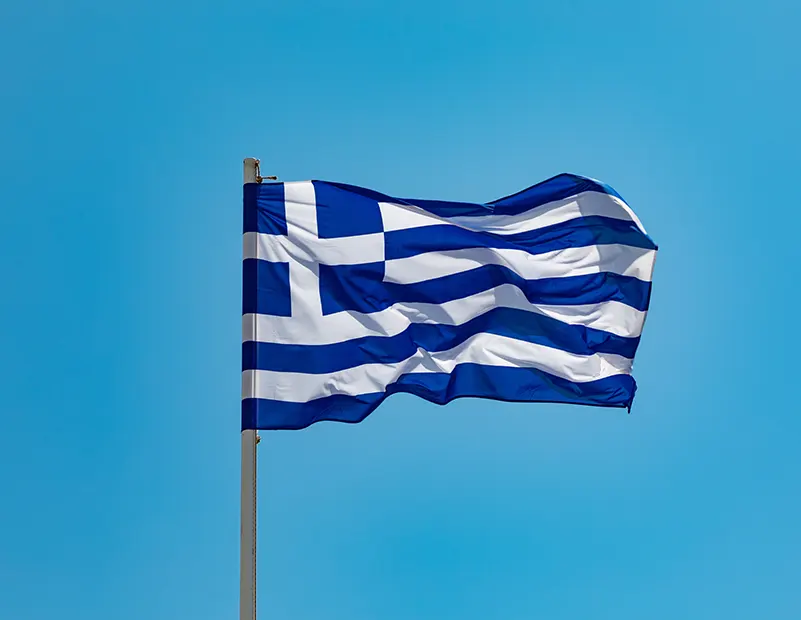Despite the destructive march of the coronavirus, Greece has done well in both areas …
Greece is a bankrupt country with an international brand name that has been maligned like few others. Where can it pin its hopes of recovery? On new investments and low borrowing costs, both for Greek government bonds and Greek businesses.
Despite the destructive march of the coronavirus, Greece has done well in both areas over the past few years. The markets – which, we have already learned the hard way, march to the beat of their own drum – have been convinced that things are changing. Major international corporations see Greece as an opportunity for real estate and other investments. Some of them had expressed a keen interest in 2014 but were scared off by political uncertainty and all the events that followed in the terrible first half of 2015. They are now coming back because they see a prime minister and a government with a reformist agenda and a commitment to entrepreneurship and investments.
Before making any major decisions, the markets and investors weigh one thing: risk. There have been plenty of CEOs who wanted to invest in Greece in the past 10 years, but saw their ideas quashed by the board or the relevant committee. “Don’t you see what’s going on in the streets of Athens every day?” one naysayer would argue. “This isn’t a country that can be trusted. Every new government brings new laws and tax regulations, and it takes a decade to get anything done in the courts,” another would say.
Some ignored the fearmongering and made the leap because prices were low and also because they believed that just as Greece was the first country in the world to go through the populism crisis, it would also be the first to recover from it. To be brutally honest, it helped that Alexis Tsipras’ about-face on the memorandum resulted in investments being carried through that had seemed unlikely under a SYRIZA government. He did a good job of selling the image of the defiant leader who was ready to talk business.
Interest rates obviously rely on the international environment, inflation and other factors, but they also depend on country risk. They are low right now because the markets see political stability and a trustworthy prime minister, but also, of course, because the European Central Bank is helping keep them that way. But this image will change fast if we see more riots in Athens and tension mounting further. “There they go again,” the skeptics will mutter. And this is not even accounting for Turkey.
It is also important to remember that when calculating risk, it is not just the quality of the government that comes into play, but also the opposition. A good prime minister makes a difference, but markets take a much better view of a country where a change of government does not result in chaos and the opposition doesn’t come flying off the rails.
All of this may seem irrelevant in these times of high passion and ideological bickering that has nothing to do with the future, but only the past. After all, pragmatism and prudence have always been in short supply in this country, especially when we need them most.
The fact, though, is that we all have a responsibility to ensure that we don’t miss the opportunity to claim our spot on the world map. If we do, we will end up miserable, poor and angry, pitied by Europe – and eyed hungrily by Turkey.
This article from Alexis Papachelas is originated from Kathimerini newspaper. You can read the article in its original source here.





